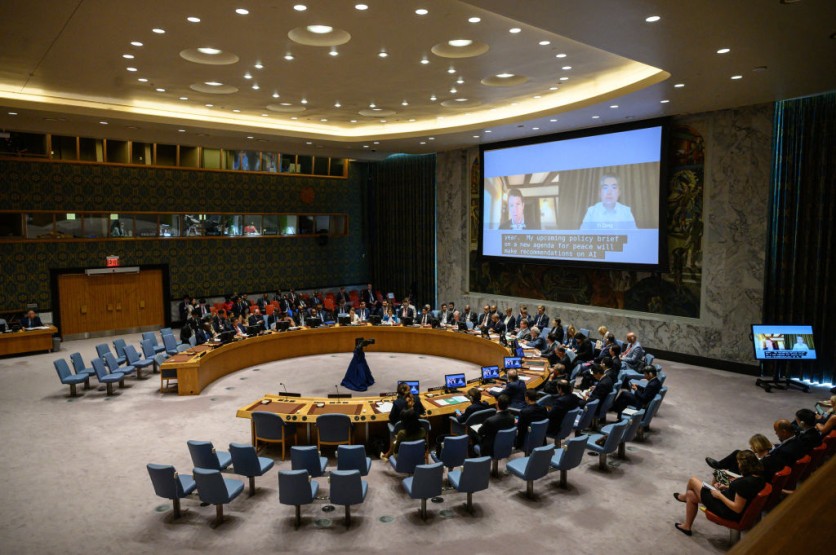UNESCO advises against relying too much on technology in the classroom and emphasizes the need for a balance between conventional teaching techniques and technological resources.
Since a digitized world necessitates striking a balance between conventional techniques and digital technologies, a strong pedagogical framework is essential for producing successful learning results.

Undeniable Assets
The UNESCO study agrees that using technology to introduce children to the digital world may be a useful tool in education. However, it cautions teachers from utilizing "fancy technological" tools excessively in the classroom.
Main Concerns
The paper draws attention to the paucity of data demonstrating the benefits of digital technology in education. Although laptops and cell phones are used in schools all around the world, this does not always mean that student learning is better.
Technology should be used to improve learning, not as a replacement for conventional teaching techniques.
In order to engage students and promote learning, Manos Antoninis highlights the importance of a comprehensive approach to technology integration, including a sound pedagogical framework and integrating digital tools with efficient teaching tactics.
Necessary Actions
In order to engage students and promote learning, Manos Antoninis highlights the importance of a comprehensive approach to technology integration, including a sound pedagogical framework and integrating digital tools with efficient teaching tactics.
Around one in four nations have already passed rules or regulations prohibiting cell phones in schools, which is a trend that is gaining traction.
This is because they may be disruptive in school environments. Even tolerant nations like The Netherlands have restricted smartphone usage in schools, demonstrating a growing understanding of the possible risks associated with excessive use of technology.
Result of Overreliance
Reading comprehension is a fundamental ability for children's digital navigation and defense against online frauds like phishing assaults, but an overreliance on technology in the classroom may overlook it. Students who are proficient readers are less likely to fall for these con artists.
For kids to become responsible and astute digital citizens, it's imperative to strike a balance between digital and conventional abilities.
Technology is complemented with a solid basis in conventional skills, which allows for critical analysis and decision-making in the complex online environment.
Appeasing Paranoia
The UNESCO study underlines the significance of taking into account technology's function in education and calls for a nuanced strategy rather than seeing it as a panacea. Teachers should get training on how to use technology as a complement to conventional teaching techniques.
Students will be equipped to harness the promise of technology while minimizing any possible negative impacts with the help of a thorough curriculum that emphasizes reading, critical thinking, and problem-solving.

ⓒ 2026 TECHTIMES.com All rights reserved. Do not reproduce without permission.




